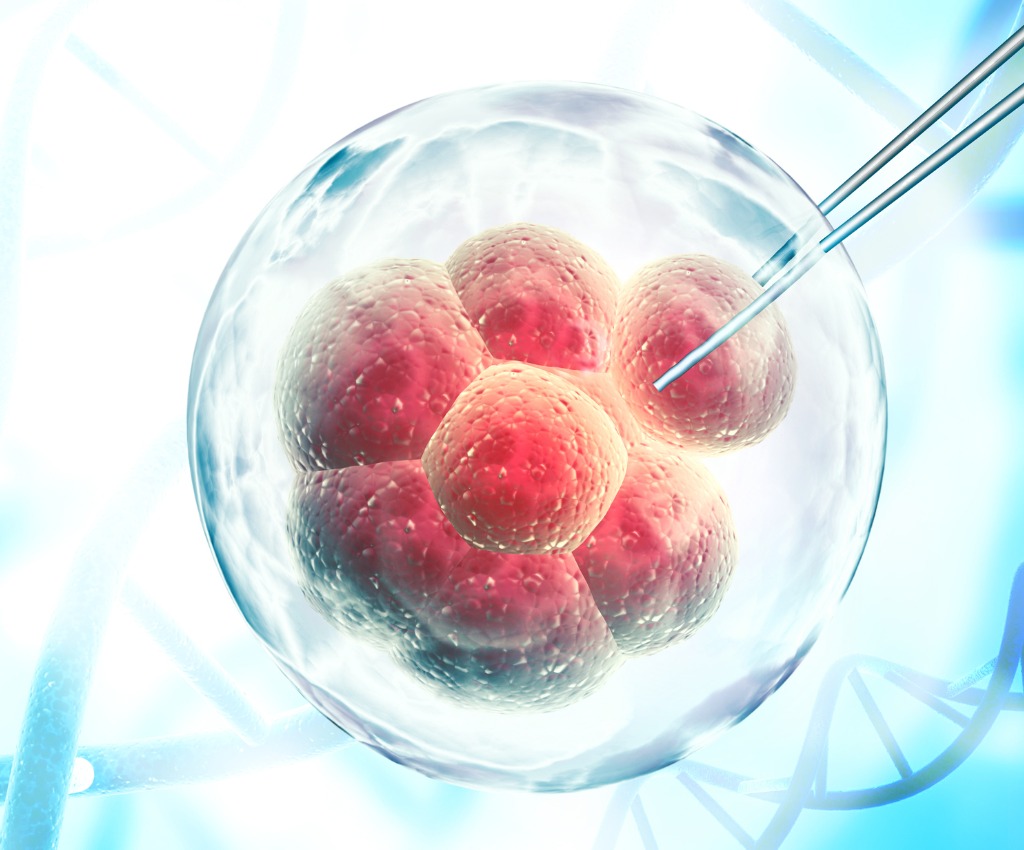
Researchers Develop In Vivo Gene Editing Model to Treat Blood Disorders
August 2, 2023| |
Researchers from the University of Pennsylvania and Children's Hospital of Philadelphia (CHOP) have developed an in vivo gene editing model that can be used to treat blood disorders. This method may expand access and decrease the cost of gene therapies.
During in vivo gene editing, the gene editing tools are delivered directly to the patient's body, which allows the Hematopoietic stem cells (HSCs) to be edited and corrected easily without using conditioning regimens. In this study, the scientists utilized liquid nanoparticle (LNP) to infuse the mRNA gene editing tools. The liquid nanoparticle was chosen because it is very effective at packaging and infusing mRNA into cells.
The researchers attached antibodies to the surface of their LNPs to help recognize CD117, which is a receptor on the HSCs' surface. The group then used three approaches to test their CD117/LNP formulation.
The results showed that in vivo mRNA expression and gene editing were successful. There is also efficient base editing in vitro, which caused a maximum boost of 91.7% in functional hemoglobin. The results also depicted an almost complete absence of sickled cells, which cause the disease's symptoms. The data also suggested that this method could be applied to treat severe immunodeficiencies.
For more information, read the article in Penn Medicine News.
| |
You might also like:
- CRISPR Will be Used to Develop Genetic Medicines for Sickle Cell
- Researchers Use CRISPR Technology to Treat Beta Thalassemia Patients
- New Gene Editing Technology Cures Blood Disorder in Mice
Biotech Updates is a weekly newsletter of ISAAA, a not-for-profit organization. It is distributed for free to over 22,000 subscribers worldwide to inform them about the key developments in biosciences, especially in biotechnology. Your support will help us in our mission to feed the world with knowledge. You can help by donating as little as $10.
-
See more articles:
-
Plant
- CRISPR Alters Onion for the First Time
- Yield10 Bioscience Files Request for Regulatory Status Review of Omega-3 Camelina
- Bayer Biotech Corn Launched in Indonesia; To Boost Yield by 30%
- ISAAA Inc. to Hold ASCA6 on September 11-15 in Indonesia
-
Animal
- Scientists Induce “Virgin Birth” on Fruit Flies
-
Food
- Biotech Company To Launch Near Zero Sugar Juice
- APEC Economies Tackle Regulatory and Policy Solutions for Agri-biotech
-
Health
- Scientists Discover a Protein’s Step-By-Step Activation Process
- Researchers Develop In Vivo Gene Editing Model to Treat Blood Disorders
-
Read the latest: - Biotech Updates (January 28, 2026)
- Gene Editing Supplement (January 28, 2026)
- Gene Drive Supplement (February 22, 2023)
-
Subscribe to BU: - Share
- Tweet

